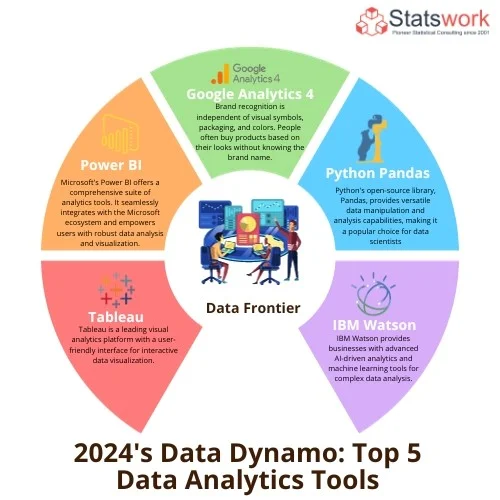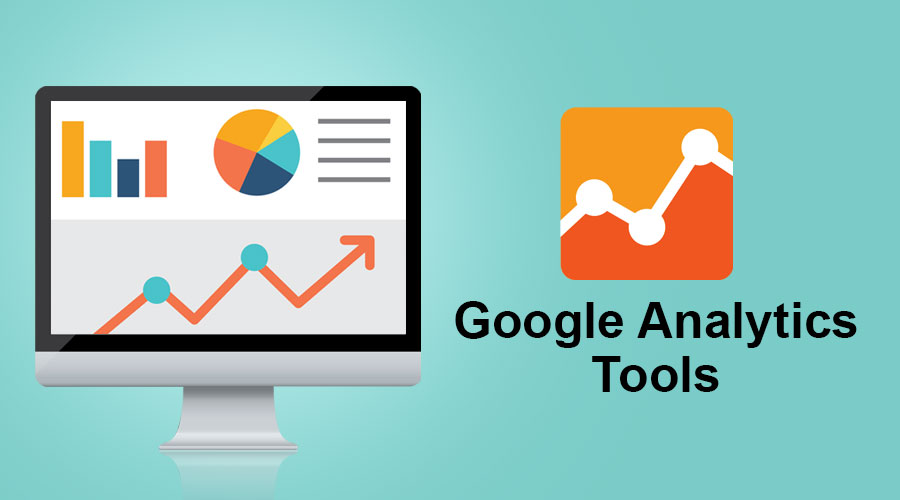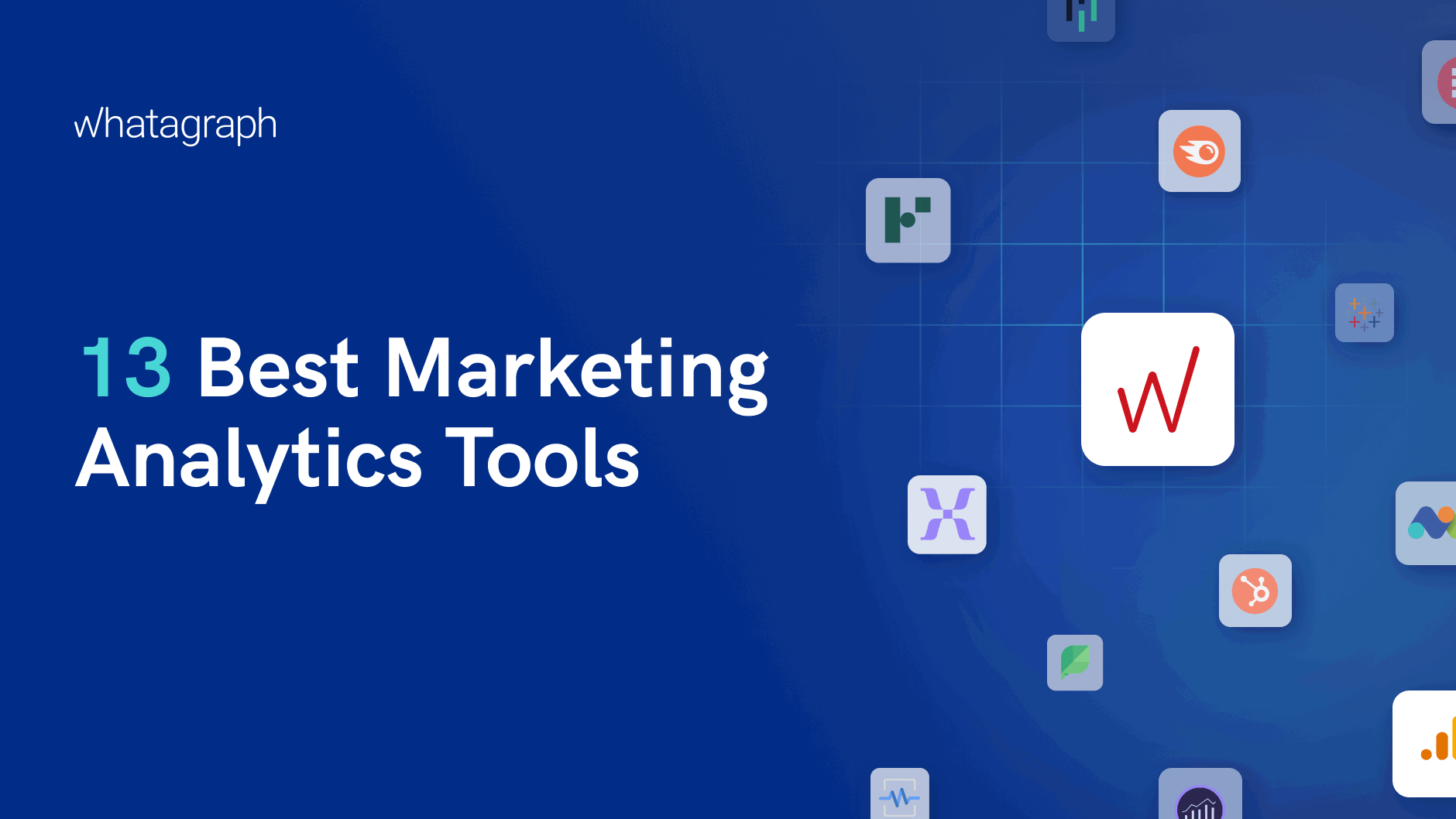Improve Customer Comprehending with Targeted Analytics Versions
Optimize Development: Just How Analytics Drive Better Approaches
In today's data-driven landscape, organizations significantly acknowledge the crucial function of analytics fit efficient development methods. By harnessing information insights, services can fine-tune their functional approaches, anticipate market changes, and improve client engagement. However, the obstacle exists not just in accumulating information yet in effectively analyzing it to drive substantial results. As we check out the vital benefits and methodologies related to analytics, an essential inquiry arises: just how can organizations guarantee they are leveraging these understandings to open their full potential? The answer may redefine the future of calculated planning.
Recognizing Data Analytics
Data analytics is a methodical computational analysis of data that makes it possible for organizations to reveal meaningful patterns and understandings. This procedure encompasses a selection of methods, consisting of analytical analysis, anticipating modeling, and information mining, which collectively intend to transform raw information into actionable information - Analytics. By using these approaches, organizations can make enlightened choices that are rooted in empirical evidence instead of instinct alone
The structure of data analytics hinges on its ability to handle substantial amounts of info from diverse resources. This includes organized data, such as data sources, and disorganized data, consisting of social media sites interactions and client responses. With making use of specialized software application and devices, experts can remove and refine this information efficiently, identifying fads and connections that may not be immediately noticeable.
Comprehending data analytics additionally includes acknowledging the relevance of data high quality and honesty. Exact and reliable information is critical for purposeful analysis; hence, organizations must implement durable information governance methods. Furthermore, the iterative nature of analytics permits continuous improvement and enhancement of methods, ensuring that companies remain agile in the face of transforming market dynamics and consumer habits.
Trick Benefits of Analytics

Among the vital advantages of analytics is its ability to supply workable understandings. Organizations can quickly evaluate huge quantities of information, revealing patterns that might not be immediately obvious. This assists in expecting market changes and adjusting approaches as necessary. In addition, analytics cultivates a society of evidence-based decision-making, lowering dependence on instinct and uncertainty.
One more considerable benefit is enhanced consumer understanding. Analytics devices allow services to segment their audience, track consumer behavior, and personalize advertising and marketing initiatives. This targeted technique not just enhances customer engagement yet additionally drives higher conversion rates.

Implementing Analytics Approaches
To completely understand the advantages of analytics, companies have to embrace organized strategies for application. This starts with plainly specifying purposes that align with more comprehensive business goals. By developing specific, measurable end results, organizations can focus their analytics initiatives on locations that yield the greatest return on financial investment.
Next, organizations must focus on information governance to guarantee the honesty and security of the data being examined. This entails setting up protocols for data collection, storage space, and accessibility while sticking to pertinent policies. Making sure high-quality data is important for creating purposeful understandings.
Furthermore, cultivating a society of data-driven decision-making is essential. This needs training employees to interpret analytics searchings for and motivating cooperation throughout divisions. When groups understand the value of analytics, they are most likely to integrate insights right into their day-to-day procedures.
Last but not least, companies need to regularly review and improve their analytics approaches. The landscape of information and innovation is continuously progressing, and staying adaptable will certainly permit organizations to take advantage of new devices and techniques successfully. By carrying out these structured strategies, companies can make best use of the impact of their analytics initiatives and drive sustainable development.
Devices for Effective Evaluation
Reliable analysis counts on a selection of tools that facilitate the removal of insights from information - Analytics. These devices can range from straightforward spread sheet applications to sophisticated equipment discovering platforms, each offering a distinct objective in the analytical process
Information visualization software application, such as Tableau and Power BI, plays an essential duty in transforming complicated datasets right into understandable visual depictions. These tools allow experts to identify trends and patterns rapidly, enabling more educated decision-making.
Statistical evaluation software program, like R and SAS, provides sophisticated capacities for carrying out extensive evaluations, consisting of regression, theory screening, and predictive modeling - Analytics. These functions equip organizations to draw purposeful verdicts from their information, determining possible possibilities and threats
Furthermore, database monitoring systems such as SQL and NoSQL data sources supply the necessary facilities for saving and quizing big volumes of data effectively. They ensure that information is arranged and easily accessible for evaluation.
Finally, organization intelligence platforms incorporate numerous data sources, providing an extensive view of organizational performance. By using these tools properly, organizations can enhance their logical abilities, enabling them to create strategies that optimize development and improve total performance.
Instance Research Studies of Success
Successful companies typically take advantage of information analytics to drive impactful approaches, as confirmed by numerous remarkable study. One noticeable example is Netflix, which makes use of advanced formulas to analyze viewer preferences and habits. By utilizing these understandings, Netflix has actually efficiently tailored its content recommendations, leading to raised individual involvement and customer retention. Their data-driven technique has actually definitely contributed to their standing as a leading description streaming service.

Additionally, Starbucks employs data analytics to establish optimum shop locations and fine-tune its item offerings. By taking a look at customer demographics and buying patterns, Starbucks effectively recognizes high-potential markets and tailors its food selection to regional preferences, driving sales and consumer loyalty.
These instance research studies highlight that efficient usage of information analytics can result in strategic advantages, cultivating advancement and development within companies across various industries.
Conclusion
In conclusion, the combination of analytics into business strategies significantly improves decision-making processes and cultivates sustainable development. By leveraging data-driven understandings, organizations can recognize patterns, anticipate market shifts, and optimize procedures. The efficient implementation of analytics devices better supports agility and advancement, enabling companies to browse competitive landscapes with better accuracy. Inevitably, a commitment Recommended Site to analytics not only drives immediate performance improvements however likewise protects long-lasting success in an ever-evolving marketplace.
Information analytics is a methodical computational analysis of information that allows companies to uncover purposeful patterns and insights.Comprehending data analytics likewise entails identifying the relevance of information top quality and integrity. Trusted and precise data is essential for purposeful evaluation; hence, companies must carry out durable information governance methods.Next, companies need to focus on data administration to guarantee the stability and security of the data being assessed.Effective organizations typically utilize data analytics to drive impactful internet techniques, as shown by numerous noteworthy case studies.